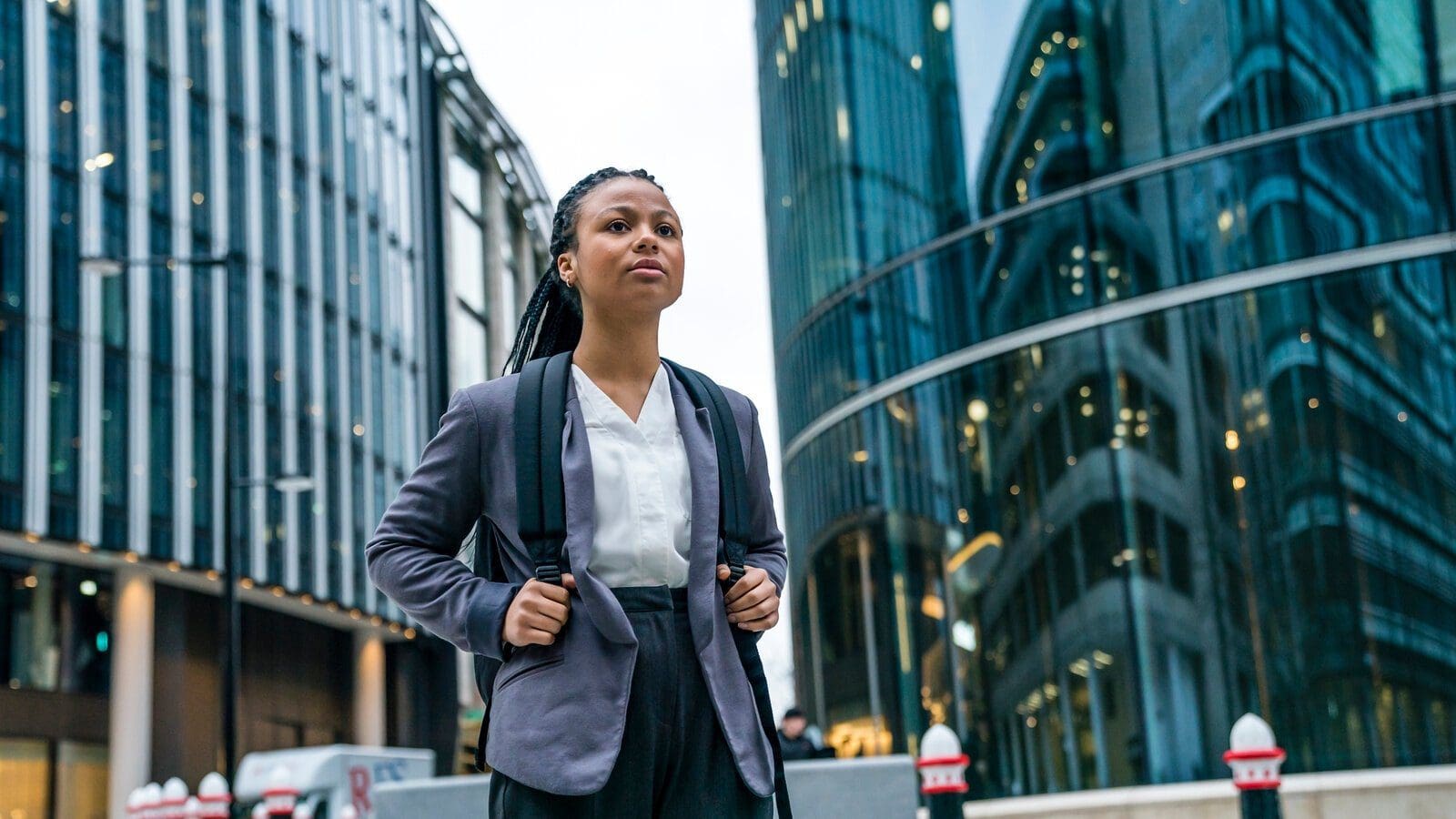The English capital has become one of the most popular settings for television fiction in recent seasons.
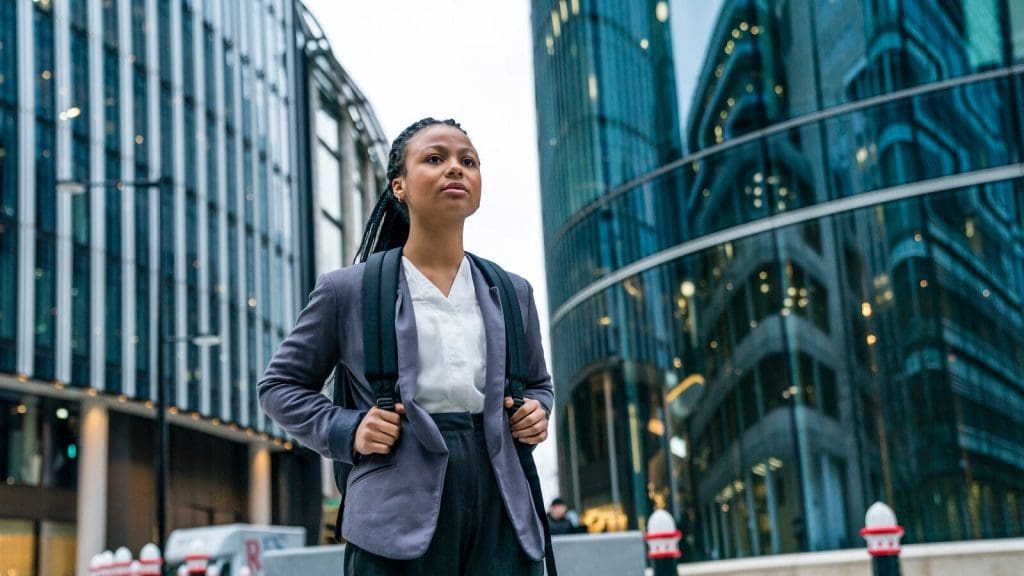
First, it was a place to take the protagonists of a comedy to create plots that sharpen the culture shock, without worrying about the inconveniences of the language. Ross married in London and Leslie Knope collected an award in the same city. Later, the charm of his particular character came through two of the most charismatic detectives on British television in the second decade of this century, Sherlock Holmes and Luther. These were followed by the psychological terror of Black Mirror, the irrepressible attraction to period series and productions that were so popular that they were adapted so that the longest-lived audience did not have to worry about that peculiar accent.
And when there was little left to do, and the admiration of the North American audiovisual industry for its British counterpart was more than clear, the platforms of streaming, which looked beyond conventional networks and offered international content for global audiences. It was the perfect excuse to leave the cosmopolitan landscapes of over-exploited New York behind. and move to another city of similar relevance and interest, London.
The English capital has become, in recent years, on the stage of numerous television series that did not arise exclusively from the efforts of the British networks. The proven solvency of its industry, the diversity of its neighborhoods and the incentives offered by the city (and the country) to encourage filming in its streets are some of the reasons why London seems to have stolen the staging of urbanity that during New York has flaunted decades.
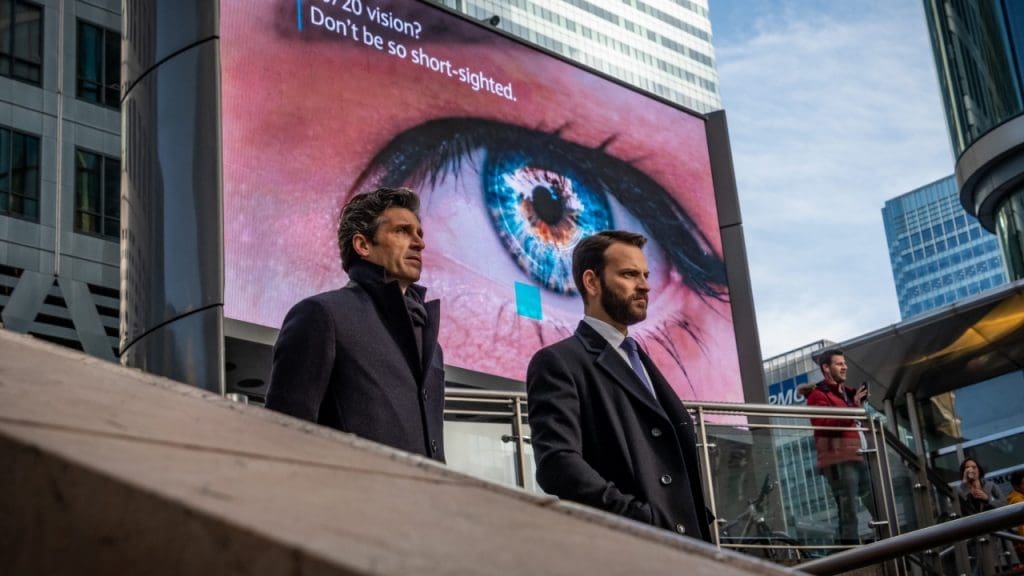

The most obvious example of the transfer of audiovisuals and the globalization of fiction are Industry Y Devils, two productions focused on the stock market that not so long ago they would have been set in the nucleus of the world’s most recognizable economy, Wall Street. And yet they chose the almighty City to develop stories of bank agents and all-powerful CEOs who go out of their way to carve a niche, or reign, in the difficult world of finance.
Among the latest premieres set in the city to which groups such as The Clash or Pet Shop Boys sang are productions as diverse as Ted Lasso, centered on a soccer coach, or It’s a Sin, who travels back in time to narrate the AIDS crisis in the 1980s. But there is always London, with its frills on the opposite side of (almost) all of humanity, its Thames dividing the city and its Victorian dwellings adding pomp and some historical character to the eye.
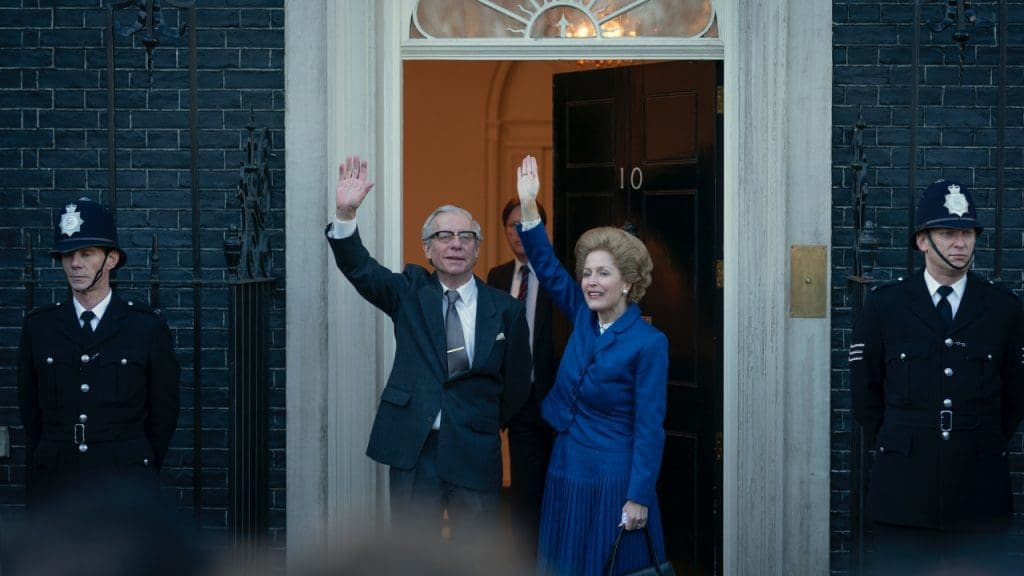

On Netflix they must have found the charm of five o’clock tea and have trusted the city more than any other platform. And after the success of Bodyguard bet on London for other crime series co-produced with the BBC, such as Collateral. But his best-known London creation is also the most successful and although, for obvious reasons, The Crown It couldn’t have been shot in another city It is not for this reason that it is less shocking that the best historical series that is shot in Great Britain today comes from the hand of an American platform. The same one that has been in charge of revitalizing interest in period series and has brought them closer to a younger audience than usual with one of its latest hits, The Bridgertons, although in it there is less London than it might seem initially.
With Gangs of London we discovered the dark side of the city through a story that could remind us of Peaky BlindersTo Chicago in the 1920s or New York in the Bronx. The references could be many but the multiculturalism that exists in the streets of London was the perfect excuse to shoot a series in which gangsters of various nationalities profit by expanding their businesses on the, sometimes prestigious, Financial City. His portrait is not exactly flattering, but it confirms a versatility of settings that is only available to the largest cities.
Beyond the professional admiration or the charm of their houses, their streets and their accent, one of the most determining reasons why London has become the new New York is the incentives that since 2007 the city offers to filming. It’s something that the film industry knew how to see before that his television sister and that led him to leave Hollywood behind to shoot productions there with an American cast, in which it was the same to be in Camden or Chelsea than in downtown Los Angeles.
Tax breaks of 25% or the reimbursement of the interpreters’ cache are some of the benefits to which television productions can aspire if they shoot in London and meet all the necessary requirements. Figures that, with nuances, can be found in other European countries but that They also allow them to count on the professionalism of studies, suppliers and experienced workers, both in the technical and interpretive character. And without having to worry about getting lost in translation.
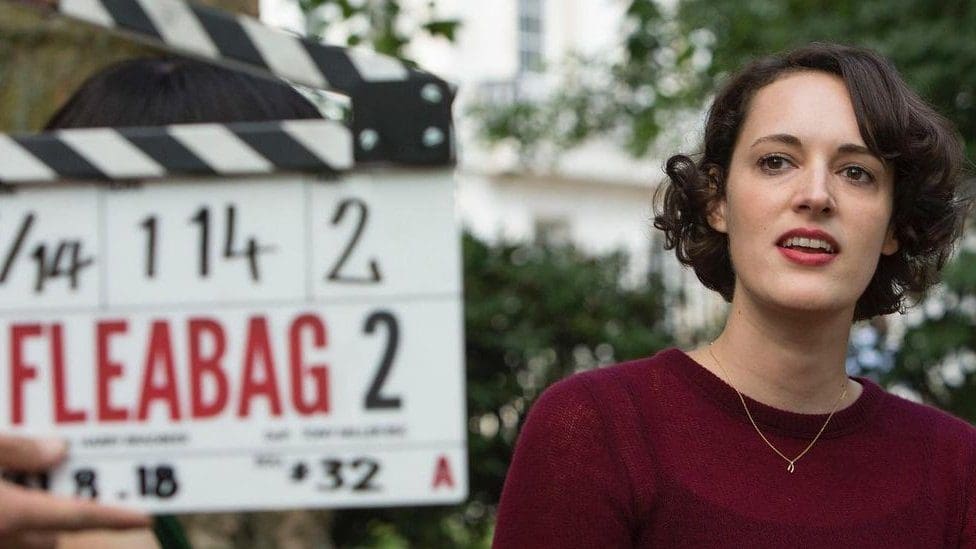

Killing Eve, Penny Dreadful The Harlots are other examples of the British-American audiovisual alliance in which London has become the perfect setting, be it for creative or economic reasons. This London fever doesn’t look like it’s going to stop anytime soon since, without going any further, this month Netflix will release Irregular and in April it will hit HBO The Nevers. And among the plans of the British industry is to continue providing us with productions that offer us new points of view of the streets that saw the adored suffer and laugh. Fleabag. At a time like this, when we cannot catch a plane and take a weekend getaway to the always desirable London, we find it something great to enjoy such a surprising and heterogeneous city from the comfort of our living room.
–
